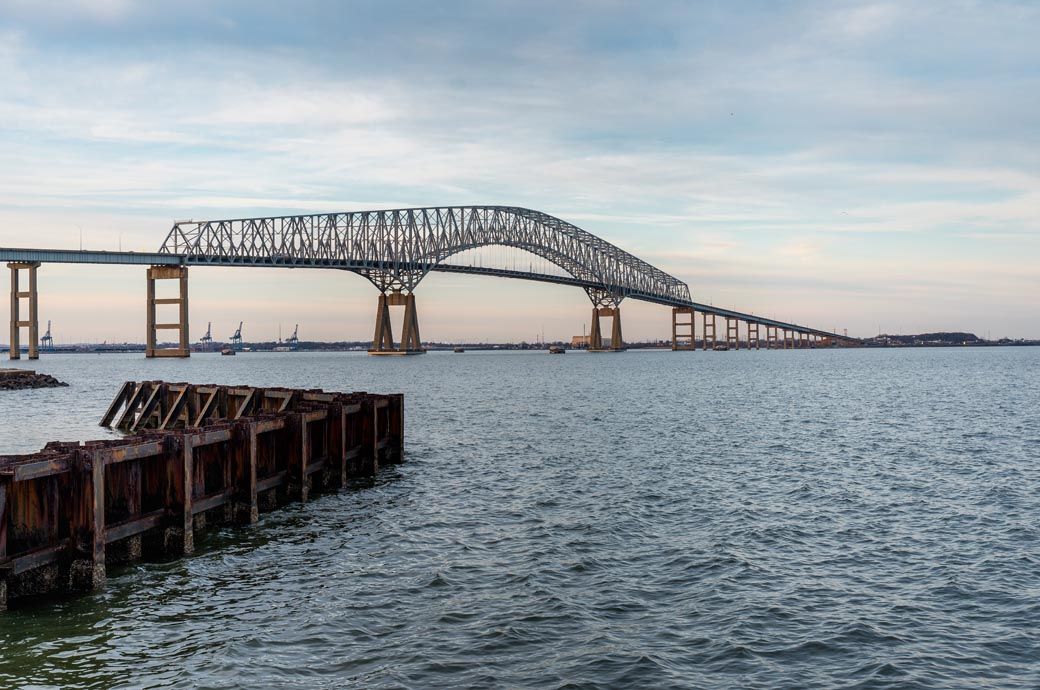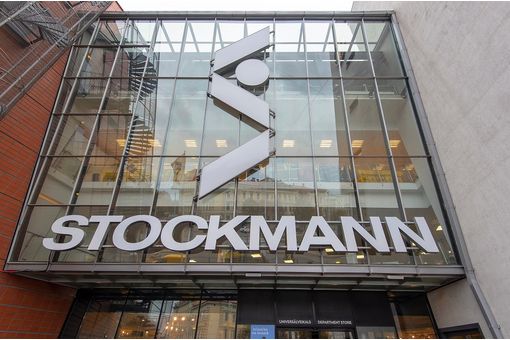Baltimore Bridge accident may raise supply chain costs: S&P GMI

Insights
- The March 26 collapse of a Baltimore bridge is amplifying recent supply chain challenges and any prolonged disruption to port operations could impede affected supply chains for goods and commodities, S&P Global Market Intelligence said.
- The disruption will be felt more locally and the auto, coal, oil and gas, and agribusiness sectors will especially hit.
The Port of Baltimore handled around 3 per cent of all US east and gulf coast imports and 10 per cent of US northeast imports of containerised freight in the 12 months to January 31.
The US Army Corps of Engineers (USACE) has stated that the Port of Baltimore could be fully reopened by the end of May.
S&P Global Market Intelligence feels East Coast ports like New York-New Jersey, Virginia and Georgia should have capacity and operational flexibility to handle the cargo diverted from the Port of Baltimore.
At the margin, the bridge accident has scope to limit the disinflationary impulse from goods prices to the extent the temporary costs associated with redirecting cargo and trucking flows are passed on from manufacturers and wholesalers to their customers, the market intelligence company noted.
The Port of Baltimore's imports lean toward industrial inputs and capital goods. Businesses may be inclined to raise prices to compensate for extra shipping or transportation cost at least partially, especially given the perception of resilient demand. S&P Global Market Intelligence expects this would have a relatively minor economic impact.
And while the overall US economy will not feel much of an impact given its size and scope, the disruption will be felt more locally as passenger and freight traffic gets disrupted, adding to travel time and potentially rerouting expenses, it said.
An extended or partial port closure could weigh on the local economy via layoffs. Estimates suggest the marine cargo and cargo vessel activities at the Port of Baltimore supported 50,923 jobs, directly and indirectly, in 2023, representing about 3.5 per cent of the Baltimore-Columbia-Towson metropolitan area's employment base.
The disruption and damage from the accident won't have immediate credit implications for S&P Global Market Intelligence’s ratings on the Maryland Transportation Authority, which operates the bridge.
The company expects the most pronounced supply chain disruptions following the accident will be in the autos, coal, oil and gas, as well as the agribusiness industries.
Fibre2Fashion News Desk (DS)
































-Ltd..jpg?tr=w-120,h-60,c-at_max,cm-pad_resize,bg-ffffff)





.jpg?tr=w-120,h-60,c-at_max,cm-pad_resize,bg-ffffff)
.jpg?tr=w-120,h-60,c-at_max,cm-pad_resize,bg-ffffff)






